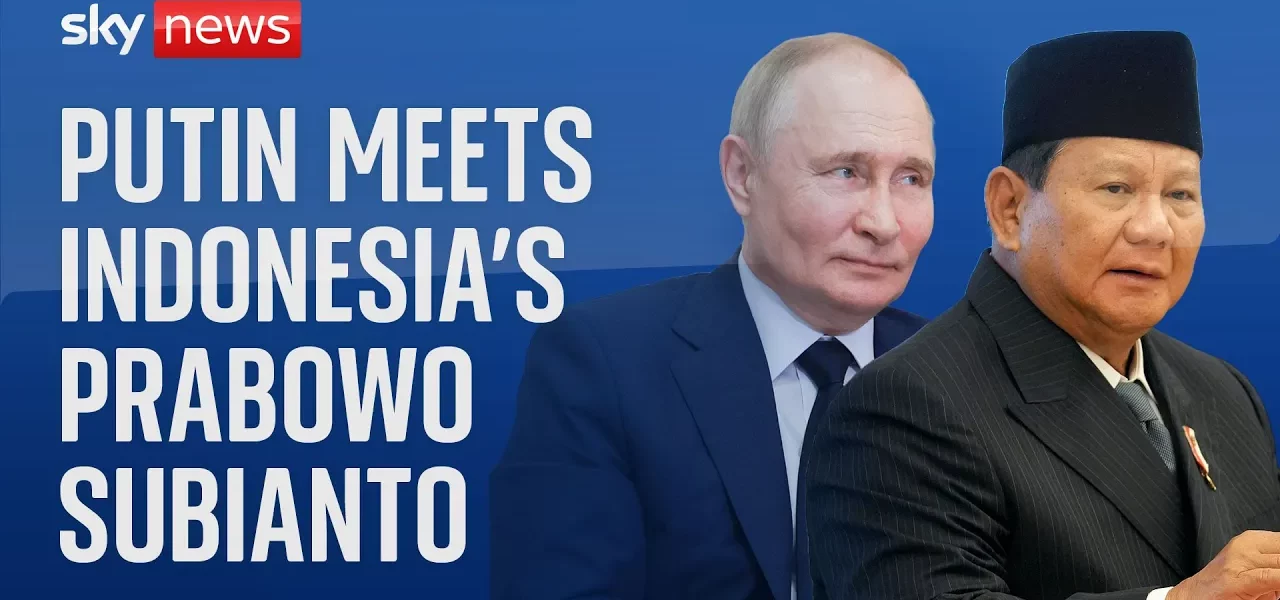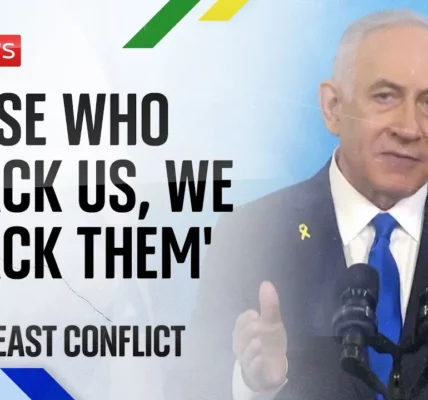Strengthening Indonesia-Russia Relations: Key Initiatives and Cooperation

This article explores the recent diplomatic meeting between Indonesian officials and the Russian Federation, highlighting the historical ties, future cooperation in education, military, and infrastructure development.
Introduction
In the context of global diplomacy, the relationship between Indonesia and Russia has evolved significantly over the years. The recent visit of Indonesian officials to Moscow marks a pivotal moment for both nations, as they seek to enhance their cooperative endeavors across various sectors. With a history rich in collaboration, particularly during times of need, Russia has played a crucial role in Indonesia’s development, especially in infrastructure and military support. This article delves into the key points discussed during this diplomatic engagement, emphasizing the roadmap for future collaboration.
Historical Context of Indonesia-Russia Relations
The ties between Indonesia and Russia date back to the era of the Soviet Union, which provided critical support during Indonesia’s formative years. The collaboration has continued to foster a sense of camaraderie and mutual respect.
Infrastructure Development
Many key infrastructures in Indonesia were built with Russian assistance, including:
- Parliament House
- National Congress
- National Stadium
- National Monument
- First Highway
- Numerous bridges across the archipelago
Military Cooperation
During times of threat, Russia aided Indonesia in strengthening its military capabilities, fostering a legacy of defense collaboration that continues to this day.
Current Diplomatic Engagement
The recent visit by Indonesian officials signifies a renewed commitment to enhancing bilateral relations. Key discussions revolved around several focal points crucial for future collaboration.
Education Initiatives
One of the foremost initiatives proposed is a scholarship program aimed at sending Indonesian students to Russia for higher education, particularly in medical training. With a shortage of medical professionals in Indonesia, this initiative seeks to:
- Address the deficit of 160,000 doctors in the country.
- Strengthen educational ties with Russian institutions.
- Provide young Indonesians with opportunities for specialized training in various fields.
Economic Cooperation
Indonesian officials have expressed their openness to increased Russian participation in various sectors of the economy. This includes:
- Investment in infrastructure projects.
- Collaboration in nuclear energy through institutions like Rosatom.
- Joint ventures in technology and industry.
Tourism and Cultural Exchange
Tourism has also emerged as a significant area for collaboration. Recent agreements have facilitated:
Direct Flights and Consular Services
The approval of direct flights to Bali from Russia is a major step toward enhancing tourism. Additionally, plans for Russia to open a consulate general in Bali will further assist in:
- Streamlining travel for Russian tourists.
- Providing support and services to Russian nationals in Indonesia.
Future Collaborations and Events
Looking ahead, both nations are eager to solidify their partnership through various upcoming events and collaborations.
Defense Conference and Naval Parade
Indonesia has extended invitations for Russian participation in significant events such as:
- The defense conference scheduled for November 2024.
- A naval parade planned for early 2025.
Commitment to Continued Dialogue
Both countries have committed to ongoing discussions to ensure that the cooperation continues to evolve and adapt to changing global dynamics.
Conclusion
In summary, the diplomatic engagement between Indonesia and Russia marks a significant step towards strengthening their historical ties. With a focus on education, economic cooperation, and cultural exchange, both nations are poised for a fruitful partnership. As Indonesia prepares for new leadership, the emphasis on enhancing these relationships will pave the way for future prosperity. We encourage readers to stay informed about this evolving partnership and explore more articles on the implications of international relations.
“`




